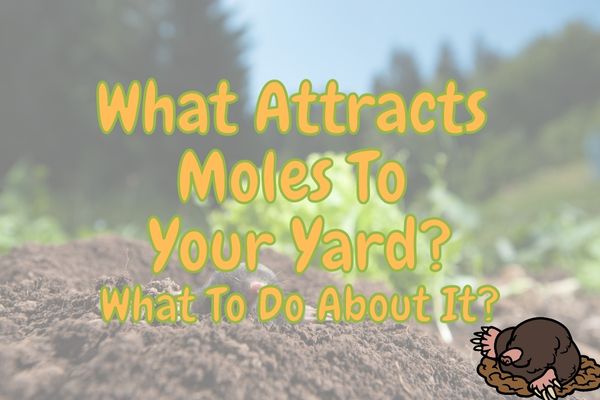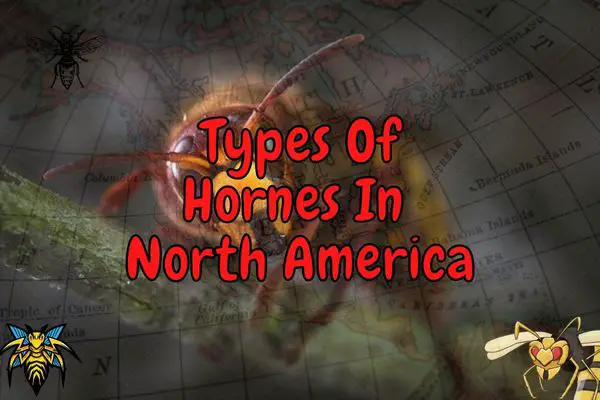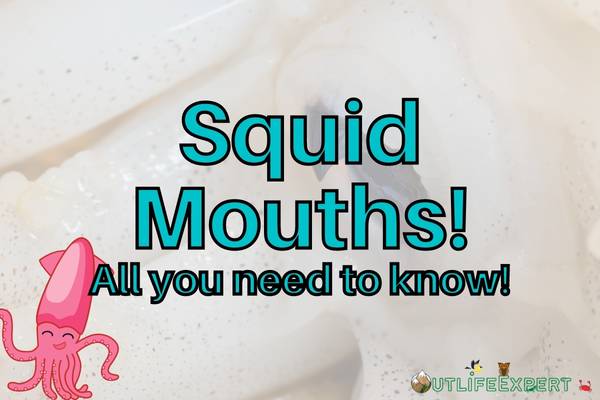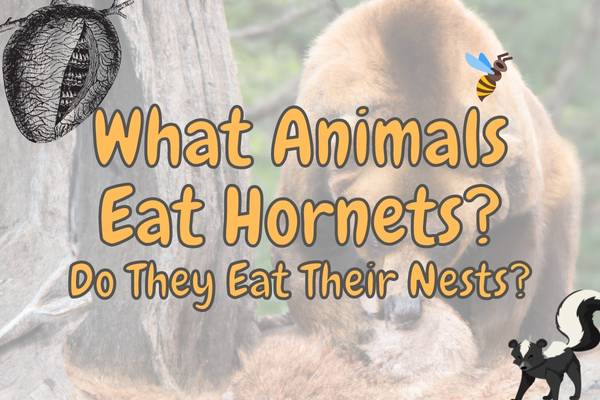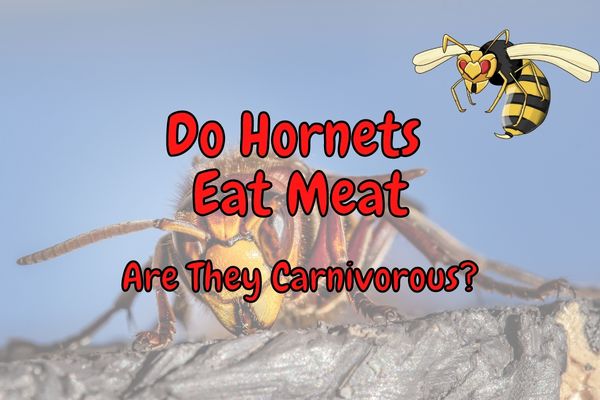What Attracts Groundhogs to Your Yard? (How to avoid it!)
One of the most prevalent types of ground-dwelling rodents is the groundhog. It is common to find them outdoors and in places like vegetable gardens and parks, which are generally related to the soft soil where they are found. Groundhogs will be attracted to various flowers, vegetables, trees, and other plants in your yard (including…


